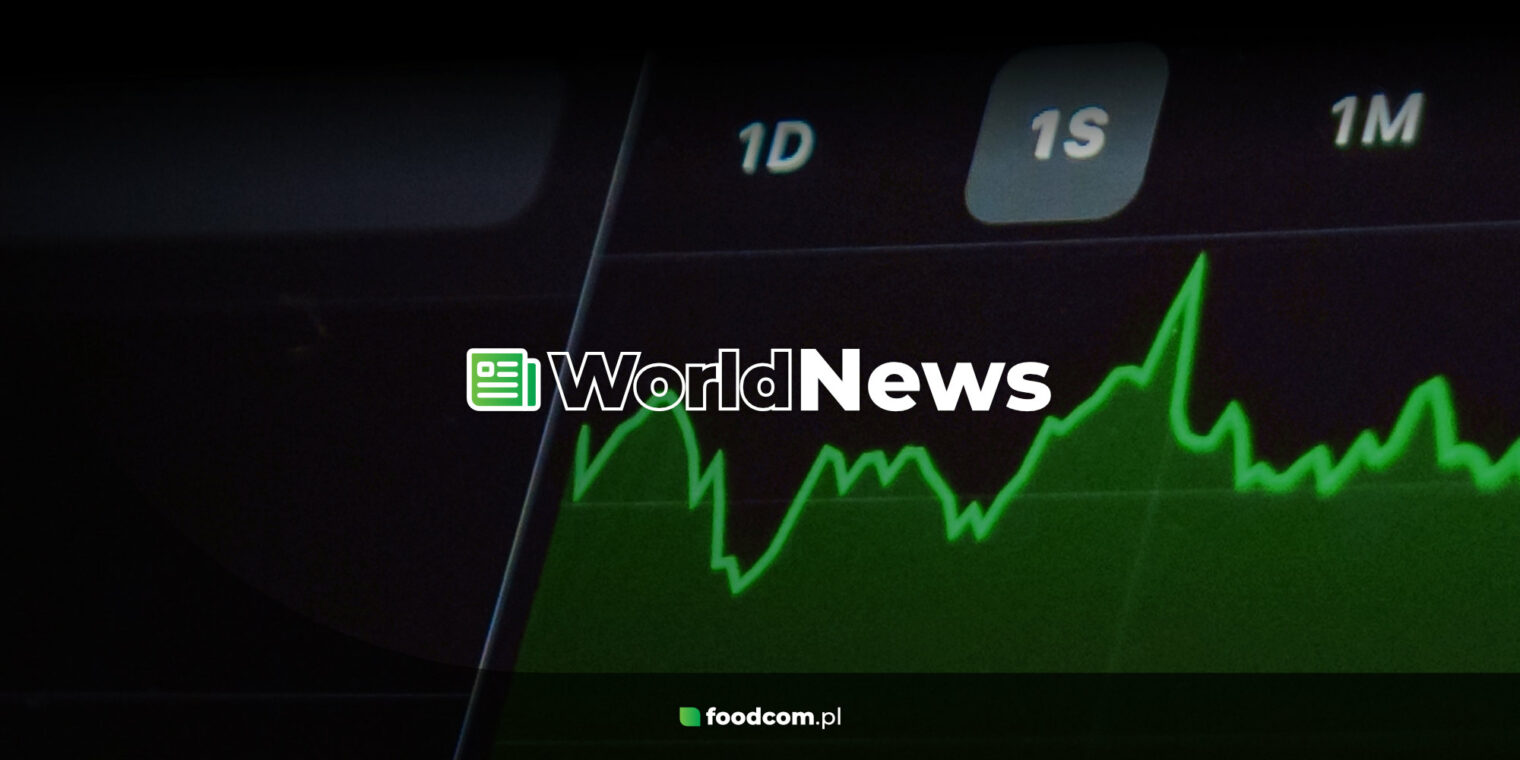- India is allocating $48 billion for food and fertilizer subsidies in the coming fiscal year.
- Food subsidies will increase by 10% to $26.52 billion, while fertilizer subsidies will decrease slightly to $21.10 billion.
- Amidst elections, the Modi government is sticking to subsidies and prioritizing fiscal responsibility to achieve the targeted deficit of 5.9% of GDP.
India allocates 48 billion dollars for food and fertilizer subsidies in financial planning
India will allocate about 4 trillion rupees (48 billion dollars) for food and fertilizer subsidies in the next fiscal year, exercising caution in view of the upcoming general elections. These subsidies currently account for about one-ninth of India’s total budget outlay, which stands at 45 trillion rupees for the current fiscal year ending March 31.
The Ministry of Consumer Affairs, Food and Public Distribution estimates that spending on food subsidies will increase by 10% to 2.2 trillion rupees (26.52 billion dollars) in the next financial year. In addition, fertilizer subsidies are expected to be 1.75 trillion rupees (21.10 billion dollars), a decrease from the estimate of nearly 2 trillion rupees for the current fiscal year.
Sources involved in decision making on subsidies emphasize the importance of maintaining fiscal responsibility, especially as Finance Minister Nirmala Sitharaman prepares to unveil the 2024/25 budget on February 1.
Challenges amid elections and fiscal targets
Despite the unusual decision to retain subsidies in an election year, Prime Minister Narendra Modi, who is expected to secure a rare third term, underlines the government’s commitment to fiscal discipline. The move is crucial to tackling India’s fiscal deficit, which is expected to stand at 5.9% of GDP this year and should be further reduced by at least 50 basis points by the financial year 2024/25.
The expected increase in food subsidies in the next fiscal year is linked to the extension of Modi’s flagship free food aid program. India’s massive food aid initiative, said to be the largest in the world, involves buying staple food from domestic farmers and giving it free to 800 million Indians. The government’s prudent fiscal approach is critical given the challenges of managing subsidies and tackling the fiscal deficit while meeting ongoing welfare commitments.



![Changes being made to cow nutrition will contribute to sustainability [World News] Changes being made to cow nutrition will contribute to sustainability [World News]](https://foodcom.pl/wp-content/uploads/2023/09/Foodcom_World_News_Dairy-600x300.jpg)




